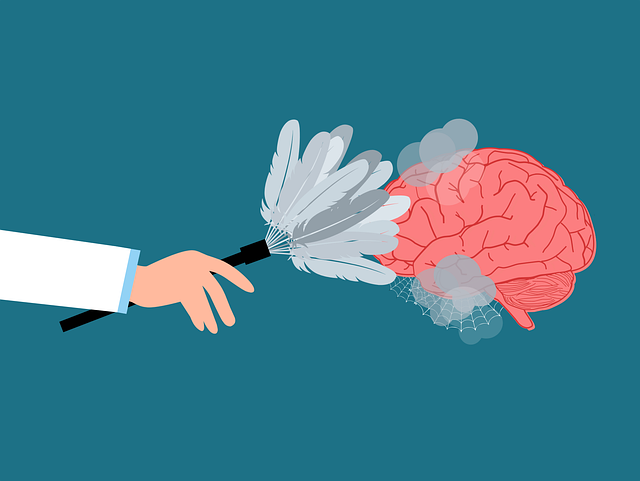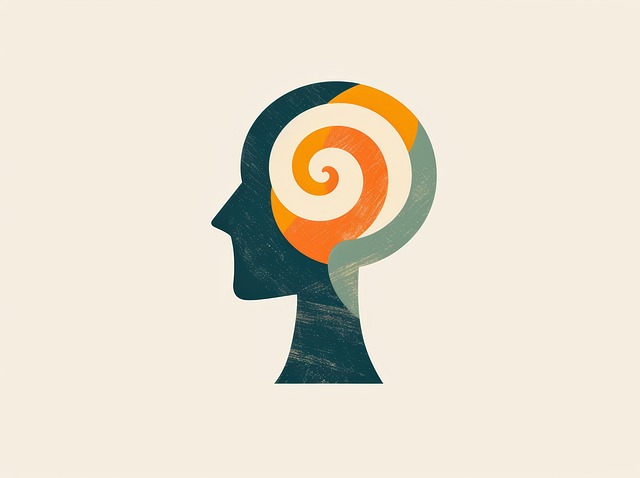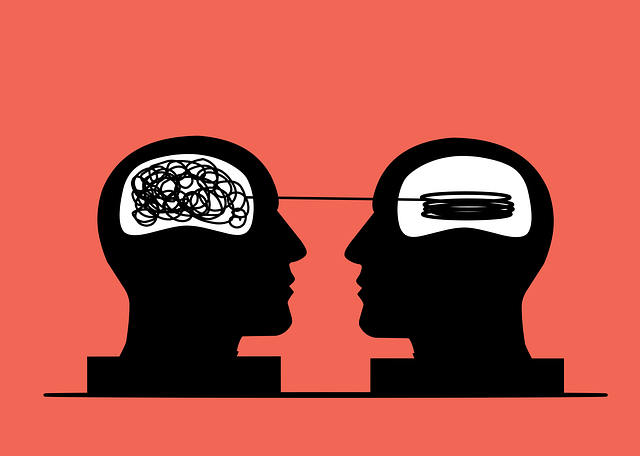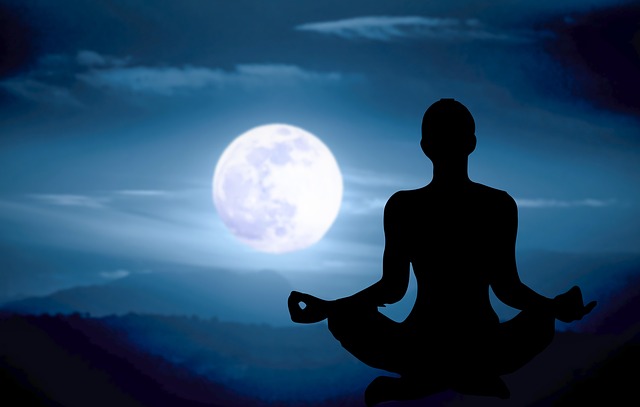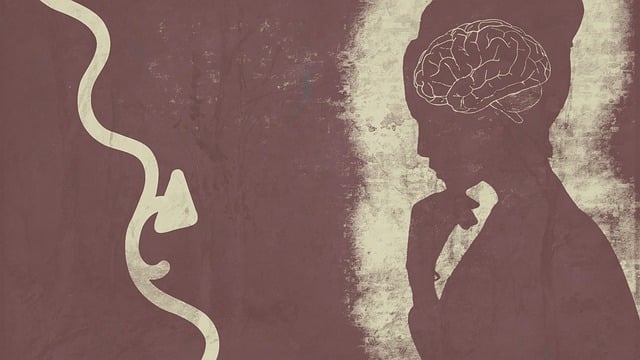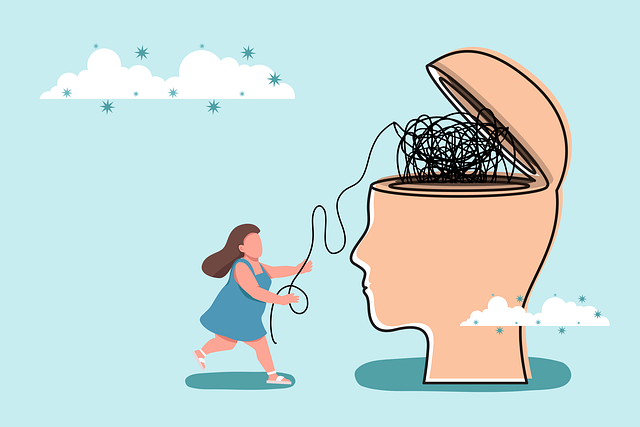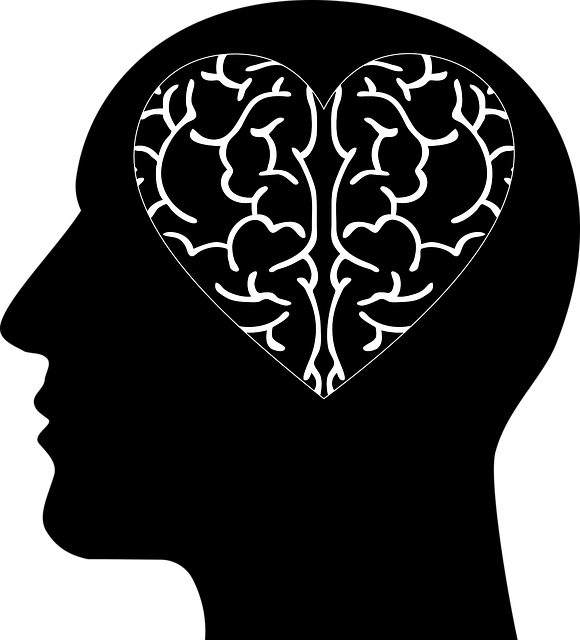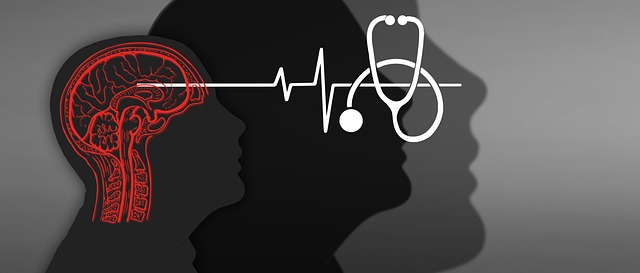Mindfulness meditation is a powerful tool for mental wellness among elders, addressing stress, anxiety, chronic pain, and specific fears through tailored techniques like Exposure and Response Prevention (ERP) and journaling. These practices enhance well-being, improve quality of life, and provide non-pharmaceutical management of age-related challenges. Incorporating mindfulness into daily routines, even with brief moments of conscious presence, offers significant mental health benefits, especially with healthcare providers' training in Therapy for Elders ERP. Adaptive practices ensure accessibility, while consistency is key to reaping mental health rewards.
Mindfulness meditation is emerging as a powerful therapy for elders, offering significant benefits in improving mental health and quality of life. This article provides comprehensive guidance on understanding mindfulness meditation, its advantages for elderly populations, and practical steps to integrate it into daily routines. We also address challenges and strategies for maintaining consistency, including exposure and response prevention techniques, ensuring elders can harness the therapeutic potential of mindfulness.
- Understanding Mindfulness Meditation for Elders
- The Benefits of Mindfulness in Elderly Populations
- Practical Steps to Incorporate Mindfulness into Daily Routines
- Overcoming Challenges and Maintaining a Consistent Practice
Understanding Mindfulness Meditation for Elders

Mindfulness meditation has gained recognition as a powerful tool for promoting mental wellness among elders. This ancient practice involves focusing one’s awareness on the present moment, cultivating non-judgmental observation of thoughts and sensations. For seniors, it offers a unique therapy that can enhance overall well-being and improve quality of life. By engaging in mindfulness meditation, elders can learn to navigate stress, anxiety, and even chronic pain more effectively.
Exposure and Response Prevention (ERP), a therapeutic technique often integrated into mindfulness practice, is valuable for addressing fears and phobias. This involves gradually exposing individuals to stressful or triggering situations while learning to manage and prevent impulsive responses. For older adults, ERP can be tailored to address specific concerns, such as social anxiety or panic attacks. Additionally, encouraging elders to keep a mental wellness journal can support their mindfulness journey. Journaling provides an opportunity for reflection, self-discovery, and the development of conflict resolution techniques. It also allows them to track progress and identify patterns in their thoughts and emotions.
The Benefits of Mindfulness in Elderly Populations

Mindfulness meditation has emerged as a powerful tool to enhance the quality of life for elderly populations. Regular practice can significantly reduce symptoms of anxiety and depression, which are prevalent among older adults. By fostering a sense of calm and present-moment awareness, mindfulness helps elders navigate through age-related challenges, improving their overall mental wellness. Studies have shown that this ancient technique can even promote cognitive function and slow down the decline associated with aging.
In addition to its mental health benefits, mindfulness meditation offers a therapeutic approach for managing chronic pain, which is common in older individuals. It provides an alternative to traditional medication by teaching participants to observe and accept their sensations without judgment. This practice, often combined with exposure and response prevention techniques, empowers elders to take control of their well-being. As part of a comprehensive Mental Wellness Coaching Program or supported by Mental Wellness Journaling Exercise Guidance, mindfulness can play a pivotal role in preventing burnout, promoting resilience, and enhancing the overall sense of satisfaction in later years.
Practical Steps to Incorporate Mindfulness into Daily Routines

Incorporating mindfulness into daily routines can significantly enhance overall well-being, particularly for elders seeking therapy for anxiety relief and self-care practices. Start by dedicating just a few minutes each day to mindful breathing exercises. Focus on slowly inhaling through your nose and exhaling through your mouth, paying attention to the sensation of air flowing in and out. This simple practice can help calm the mind and reduce stress.
Consider incorporating mindfulness during everyday activities like eating or walking. Pay close attention to the textures, flavors, and aromas of your food, or notice the feeling of your feet touching the ground as you walk. Engaging your senses in this way cultivates present-moment awareness. If you’re struggling to find time for formal meditation, remember that mindfulness is accessible throughout the day. Even brief moments of conscious presence can make a positive impact on mental health and overall quality of life, especially when supported by cultural competency training for healthcare providers.
Overcoming Challenges and Maintaining a Consistent Practice
Overcoming Challenges is a significant step in establishing and maintaining a consistent Mindfulness meditation practice. Many individuals, especially elders, may face obstacles such as limited mobility or cognitive changes that impact their ability to focus. However, with the right approach, these challenges can be navigated. Therapy for Elders, including exposure and response prevention techniques, offers valuable tools to overcome these hurdles. For instance, adapting meditation practices to suit individual needs, like incorporating chair-based exercises or using guided recordings, ensures accessibility without compromising the benefits.
Consistency is key to reaping the mental health rewards of mindfulness. Maintaining a regular practice can be challenging, but strategies like integrating meditation into daily routines and leveraging community outreach program implementations can help. Sharing experiences and knowledge with peers fosters a supportive environment, encouraging continued engagement. Moreover, self-esteem improvement and depression prevention are additional benefits that can be achieved through consistent mindfulness practice, ultimately enhancing overall well-being.
Mindfulness meditation offers older adults a powerful tool for enhancing well-being and quality of life. By understanding its benefits, taking practical steps to integrate it into daily routines, and overcoming challenges, individuals can unlock the potential of this ancient practice. Just as therapy for elders can be transformative, mindfulness becomes a personal journey of self-discovery, promoting mental clarity, emotional resilience, and overall happiness. Incorporating these practices into one’s life can lead to profound changes, allowing elders to navigate their daily experiences with renewed focus and purpose.

